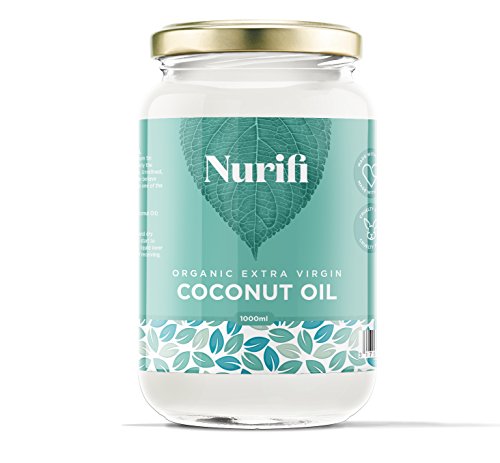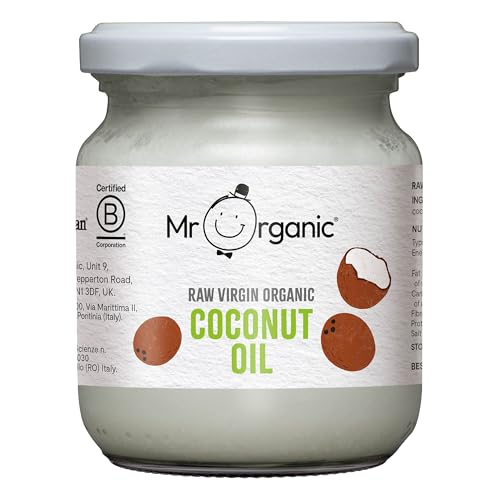What is Coconut Oil and Why Should We Consider It?
Understanding Coconut Oil
Coconut oil is derived from the meat of mature coconuts, and it has garnered attention for its versatility and potential health benefits. Unlike many conventional cooking oils, coconut oil is high in saturated fats, specifically medium-chain triglycerides (MCTs), which are known for being easily digestible and quickly converted into energy. This oil boasts a unique combination of benefits, making it an appealing addition to our diets and daily routines. We should consider coconut oil not only for its cooking properties but also for its potential effects on skin health, hair care, and even oral hygiene.
The Different Types of Coconut Oil Explained
Varieties of Coconut Oil
When it comes to coconut oil, we encounter several types, including refined, virgin, and extra virgin. Virgin coconut oil is produced from fresh coconut meat without the use of heat or chemicals, preserving its natural flavour, aroma, and nutrients. On the other hand, refined coconut oil undergoes processing that often involves bleaching and deodorising, resulting in a neutral flavour and higher smoke point, making it suitable for high-heat cooking. It’s essential to understand these differences to choose the right type based on our intended usage – whether that’s for cooking, skincare, or hair treatments.
How to Choose the Best Coconut Oil for Your Needs
Selecting Coconut Oil Wisely
When selecting coconut oil, we should look for organic varieties that do not contain additives or preservatives. If we intend to use the oil for cooking, virgin oil is an excellent choice for its flavour and health benefits, while refined oil may be preferable for frying due to its higher smoke point. Additionally, consider the source of the coconut oil; products sourced from sustainable farms are more environmentally friendly. Understanding our specific needs will help us make an informed purchase, ensuring that the coconut oil we choose aligns with our culinary and personal care preferences.
Popular Uses of Coconut Oil: From Cooking to Skincare
Exploring Versatile Applications
Coconut oil’s versatility is one of its most attractive features. In the kitchen, it can be used for sautéing, baking, or as a base for dressings, imparting a subtle coconut flavour to dishes. Beyond cooking, we can incorporate coconut oil into our skincare routines as a moisturiser or as a natural makeup remover, taking advantage of its hydrating properties. For hair care, it serves as an effective conditioner that enhances shine and reduces damage. Its application also extends to oral hygiene, as many people practice oil pulling with coconut oil for its purported dental benefits. This wide array of uses makes coconut oil a valuable addition to our homes.
Tips for Storing and Using Coconut Oil Effectively
Maximising Freshness and Efficacy
To ensure our coconut oil remains fresh and effective, storage is key. We should keep it in a cool, dark place away from direct sunlight, as excessive heat and light can cause it to degrade over time. Coconut oil solidifies at lower temperatures, so if we notice it hardening, a warm water bath can gently liquefy it. When using coconut oil, we can start with small amounts, as a little goes a long way in cooking and skincare. This approach not only prevents waste but also allows us to gauge its effects without overwhelming our recipes or routines.






















